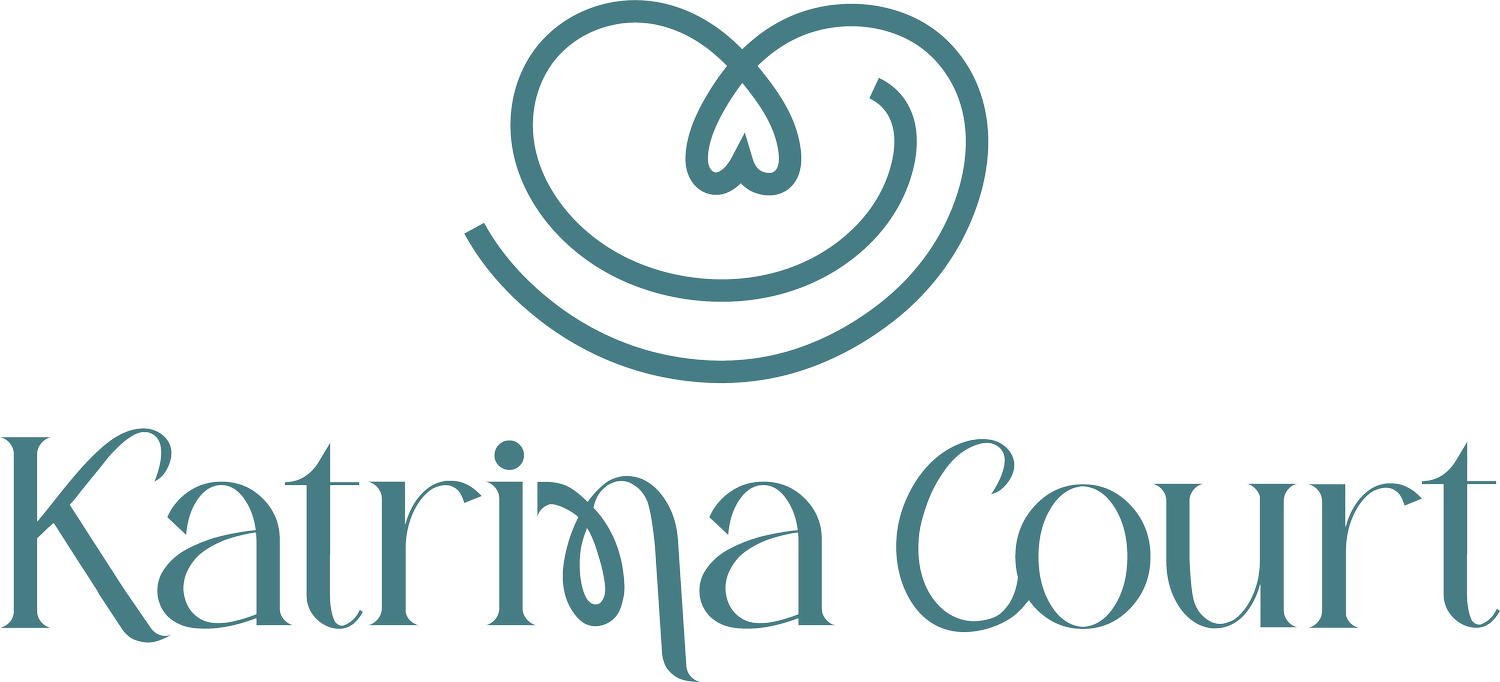Lessons from my daughter: 5 life skills my pre-schooler is helping me to relearn.
We spend so much of our time as parents in teaching mode. Thinking (and worrying) about the lessons, values, and behaviours we are consciously and sub-consciously passing down to our children. But we often fail to see the valuable life lessons that we can pick up from them.
According to Paulo Coelho, “A child can teach an adult three things: to be happy for no reason, to always be busy with something, and to know how to demand with all his might that which he desires.”
If we take the time to observe children, we notice that in many ways, authentic and joyful living comes naturally to them. They haven’t (yet) been restricted by the norms of society, so they trust their intuition, act courageously, and enjoy life uninhibited.
Here are five magical skills that my three-and-a-half-year-old daughter, is reverse-parenting me on each and every day.
1. To slow down
Having always been a stickler for being organised, punctual and efficient, not being able to keep up my old pace is probably one of my biggest triggers as a parent. However, I’m slowly (okay, very slowly) learning that not everything has to be a time trial.
That it’s ok to slow down and to let my toddler take the lead as the pacemaker every once in a while. Does it really matter if it takes us 20 minutes to walk to the shop instead of ten because we have to stop every time there’s an interesting looking flower to inspect? No, it really doesn’t.
Our lives are incredibly stressful and full on, and we’re in ‘go-go-go’ mode so much of the time that it’s no wonder we feel overwhelmed. So, not only does going at a child’s pace allow me to appreciate joy in the little things that my daughter finds fascinating, and which otherwise I would have usually walked past on autopilot, but it’s also deeply grounding.
2. To question, why?
Once we’re adults we somehow stop asking questions and start believing that we know it all already. Like most young children, Lyra has an insatiable curiosity for learning and discovery, which comes with a never-ending supply of questions. She also relentlessly questions the status quo: “but why, mummy? Why do we have to do it like this?”
Now why I know some of this may be her way of testing my boundaries, it’s teaching me to be much more conscious about the rules and standards that I set as a mother, not only for our family, but also for myself, ensuring that they are aligned to my values rather than a default, “it’s just the way it should be done.”
3. To feel my emotions
We all know that children, especially at this age, wear their emotions on their sleeves. If they feel something, they let us know, usually with a bang! They don’t feel the need to hide their feelings no matter when or where they bubble up. And, while regulating emotions is a positive life skill, first we need to feel them, acknowledge that they are there, and listen to what they are telling us.
I’ve experienced the consequences of pushing down and trying to mask my difficult emotions during the early part of motherhood, to the detriment of my physical and mental health. So, I’m trying to be much more accepting of, and vocal about my emotions. It’s much better for the soul, mind and body to let it out rather than keep it bottled up. So now I take a leaf out of my daughter’s book and allow myself to cry when I need to cry, scream when I need to scream, and dance round the kitchen island singing when I’m happy.
4. To ask for help
My daughter is at the stage where she wants to do everything for herself and will either persevere until she gets it right or gets frustrated if she can’t do it; but she’s also quick to come running to me or her dad if she needs help.
She doesn’t care about her reputation, there’s no pride to hold her back, and she certainly doesn’t think that we will love her any less if she asks for our support.
But the older we get, the greater our inhibitions are about asking for help. We somehow see this as a sign of weakness and for whatever reason (fear of judgement/perfect mother myths/shame) we think we have to do everything ourselves.
So, while those three little words still don’t always come easily, “I need help” no longer feels the same as “I am a failure.”
5. To trust my inner knowing
Oh, to have the inner confidence of a three-year-old girl with a dressing up box! She doesn’t look in the mirror and worry about what anyone else might think and then start questioning her choice of Elsa dress paired with bumble bee wings and a witch’s hat. She owns her decision and sashays round the living room with pride.
A child's life feels limitless because they are not confined by fears of judgement or humiliation. But in adulthood, we’re so self-conscious as to what other people’s opinions are about us and plagued by comparison, that the voice of our inner knowing becomes softer and softer until it’s barely a whisper. We stop trusting in ourselves.
This has taken lots of practice since I’ve become a mother, but lessons one and two have definitely helped me to get more in tune with that voice inside and start to pay more attention to her wisdom.
